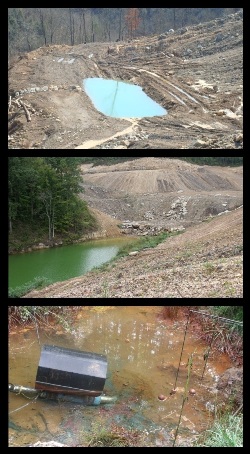
Above are blue gills that were collected below the site of TVA’s 2008 Kingston Coal Ash spill. They all have “pop-eye”, a deformity caused by selenium pollution where their eyes bulge out of their heads. These fish had selenium levels of 2.5-6.5ppm, well below Kentucky’s newly accepted standard of 8.6 ppm for fish tissue.
Just today, after several months of delays, the U.S. Environmental Protection Agency announced its decisions on the Kentucky Department of Water’s (DOW) amendments to the Kentucky Water Quality Regulations. Unfortunately, the EPA has approved substantive changes to the selenium freshwater chronic standard that will not adequately protect aquatic life and will be difficult, if not impossible to enforce at mountaintop removal coal mining sites throughout eastern Kentucky.
In theory, states review their water quality standards every three years in an effort to make sure these standards are up-to-date with current science and are protective of aquatic life. In some cases, however, the review becomes an opportunity for special interests to influence state agencies. This year, under pressure from the coal industry, the Kentucky DOW proposed to weaken selenium standards. Standards are used to set permit limits for industries that may discharge pollutants into public waterways. Though some mines in Kentucky are known to discharge selenium into streams, the Kentucky general permit for valley fills does not currently include selenium permit limits.
Selenium is a naturally occurring element that can be released into streams through mountaintop removal coal mining. Once in the water, selenium bioaccumulates in fish and other aquatic life, increasing in concentration up the food chain. Selenium is toxic to aquatic life at very low levels. For these reasons, Appalachian Voices and our allies have been working to challenge Kentucky’s proposed selenium standards.
Kentucky DOW proposed to raise the acute selenium standard from 20 ug/L in the water column to 258 ug/L in the water column. They also proposed changing the chronic standard of 5 ug/L to a more complicated system where a level of 5 ug/L in the water column would not be enforceable, but instead would trigger the need to sample fish tissue. The new chronic standard would be 8.6 ug/g in fish tissue, or 19.2 ug/g in egg/ovary tissue. The 5 ug/L water concentration would only be an enforceable limit if no fish were available for sampling.
(more…)





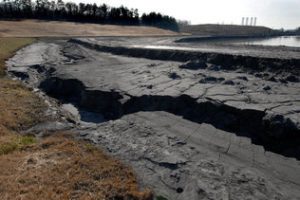
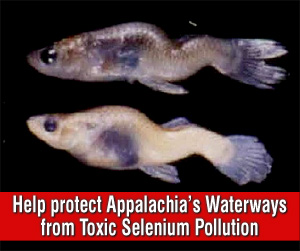

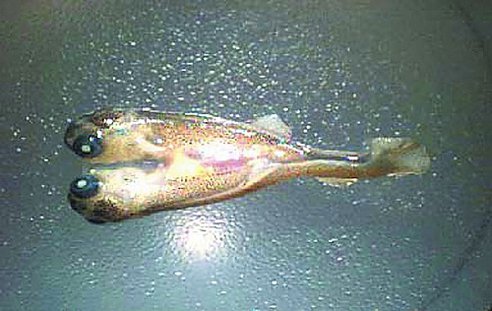
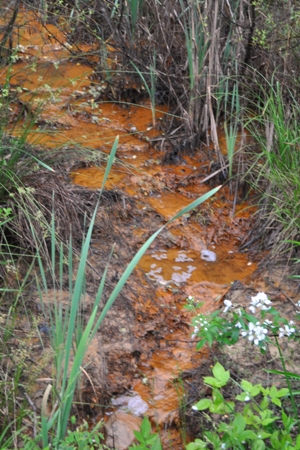
 Drop us a note in the comments to say hello, let us know a bit about yourself, what you’re interested in and what stories we might be missing. It’s been a busy couple of weeks for the Volunteer State in the world of energy, TVA and Congress, so let’s get right to it.
Drop us a note in the comments to say hello, let us know a bit about yourself, what you’re interested in and what stories we might be missing. It’s been a busy couple of weeks for the Volunteer State in the world of energy, TVA and Congress, so let’s get right to it. We had a fantastic victory in the U.S. Senate, where the Senate Energy Committee
We had a fantastic victory in the U.S. Senate, where the Senate Energy Committee 